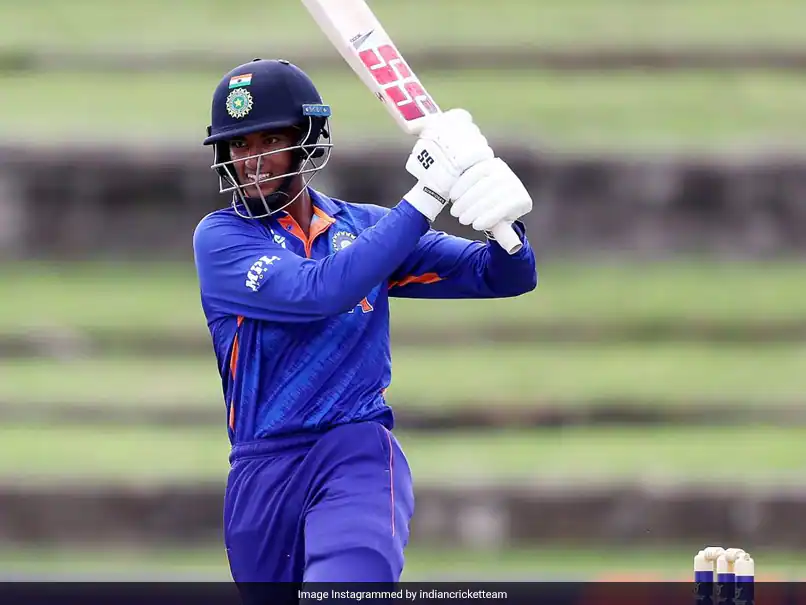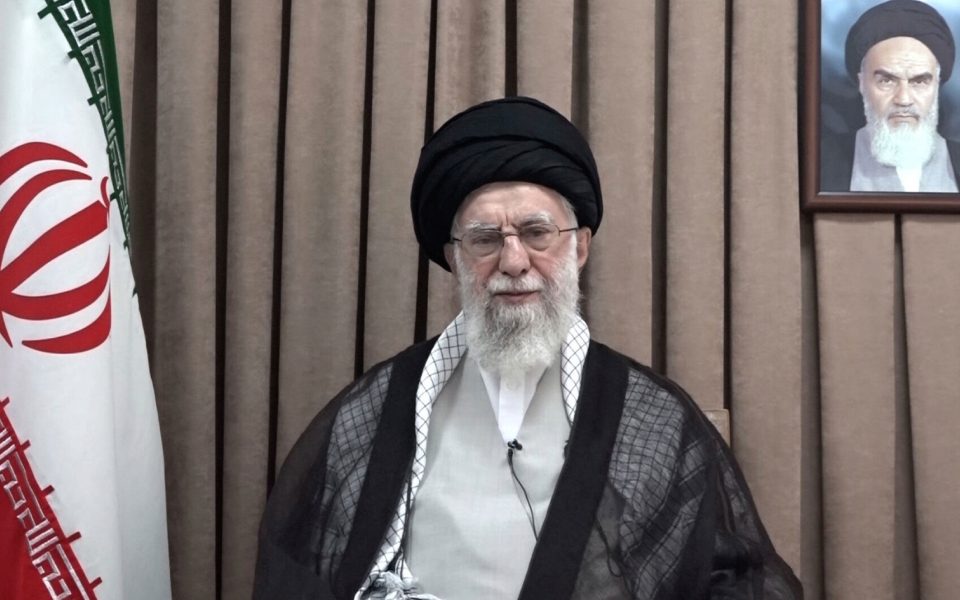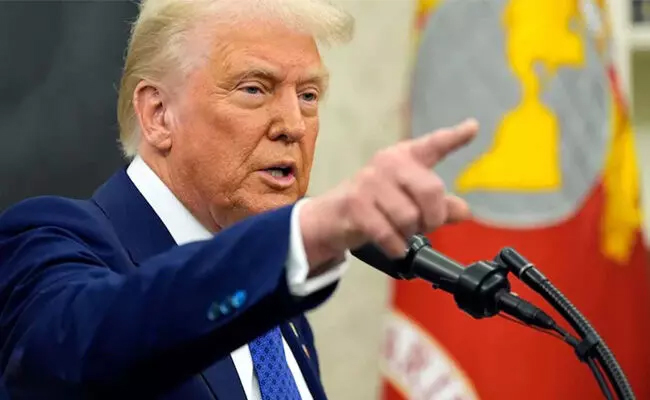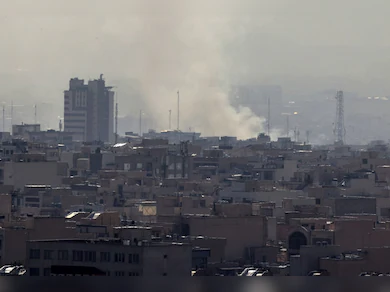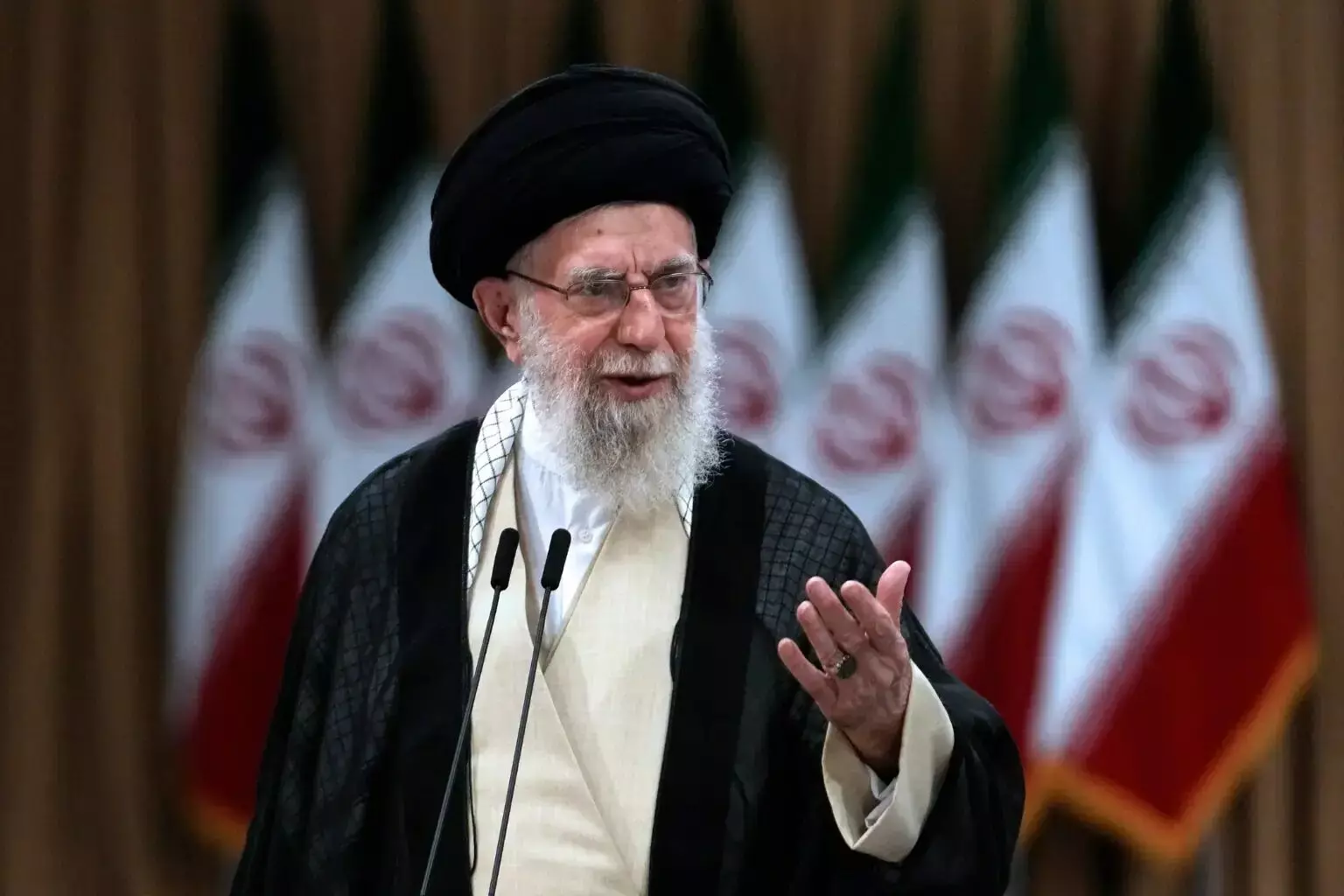New Delhi, Feb 22: The COVID-19 outbreak in its camp was not the only off-field challenge the Indian team overcame on its way to the U-19 World Cup triumph.
India's problems began on arrival in the Caribbean islands, with as many as seven unvaccinated members of the side detained at the airport for more than 24 hours, requiring the government to step in and resolve the issue.
This was after a long flight from Dubai to Port-of-Spain via Amsterdam.
Left-arm pacer Ravi Kumar, who played a huge role in the team's unprecedented fifth World Cup triumph, and opener Angkrish Raghuvanshi were among the players who were told to "go back to India" as they were not jabbed.
Team manager Lobzang G. Tenzing, who came to their rescue with the help of the ICC and colleagues in the BCCI, narrated the "harrowing experience" of the players. The India and Trinidad government, too, had to step in to resolve the situation.
"After we landed at Port-of-Spain, we had to take a charter flight to Guyana but seven of our boys were stopped as they were not vaccinated. We tried to explain to the immigration officials that India had not started their vaccination yet but they instructed us to take the next flight out of the country," Tenzing, who heads the Sikkim Cricket Association, told PTI.
"We were surrounded by security guys of the airlines as if we would run away from there. And as the argument was on with airline and immigration officials, the only Lufthansa flight available had departed and the next one was after three days. That gave us time to negotiate with local authorities.
"I decided to stay with the boys and we had to stay in a shady hotel near the airport for the night. It was only after the intervention of ICC and local government the matter could be resolved. It was quite a harrowing experience for the boys," he recalled.
This happened in the first week of January when India started the vaccination drive for the 15-18 age group.
Let the Truth be known. If you read VB and like VB, please be a VB Supporter and Help us deliver the Truth to one and all.
Tehran: Iran’s semi-official Fars news agency is reporting that several close family members of Supreme Leader Ayatollah Ali Khamenei have been killed in the recent joint US-Israeli strikes on Iran.
According to Fars, the supreme leader’s daughter, son-in-law and grandson were killed in the attacks. The agency, which is aligned with the Islamic Revolutionary Guard Corps (IRGC), cited sources close to Tehran’s leadership for the information.
This report follows wide-ranging claims and counter-claims about the impact of the strikes on Iran’s top leadership. Israeli and US officials have suggested that Khamenei himself was killed, though Tehran has repeatedly denied those claims and described them as psychological warfare.
There has been no official confirmation from Iranian authorities regarding the deaths of Khamenei’s family members, and independent verification of the reports is still lacking.

